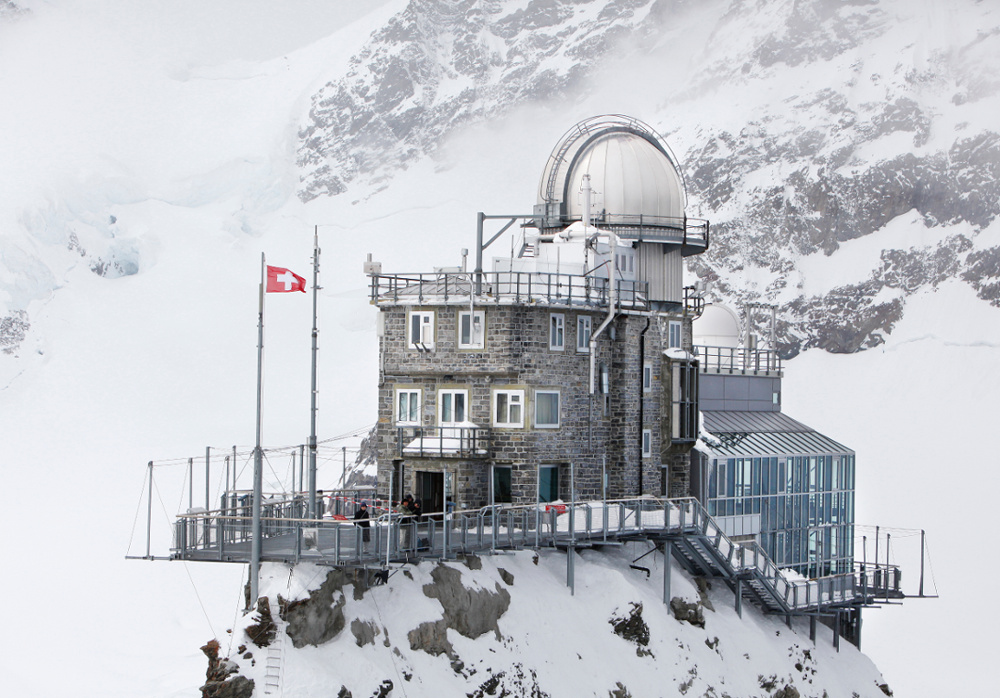Unrepresentative greenhouse gas inventories put Paris Agreement at risk

Can we trust greenhouse gas inventories? As global levels of methane continue to rise, an investigation by the BBC’s Environment correspondent, Matt McGrath raised serious concerns about the Paris Agreement when it revealed that methane from human and biogenic sources was not being measured accurately by countries – or at all in tropical regions.
As well as highlighting the huge uncertainties in methane accounting – 50% for ruminants in India – the programme also revealed that methane emissions from fossil fuel inventories could be twice as much as previous estimates and that some countries may not be including powerful global warming gases such as flurocarbons in their inventories.
Counting Carbon (8 August, BBC Radio 4) interviewed Glen Peters, senior researcher with the Priestley Centre’s international partner, CICERO (Centre for International Climate and Environmental Research – Oslo) for the programme, and his warnings were stark. “If you can’t track progress sufficiently … you basically can’t do anything. The Paris process essentially collapses.”
This week’s edition of The Weather Show on BBC Radio Leeds took up the issue, with presenter Keeley Donovan interviewing University of Leeds’ Jim McQuaid of the School of Earth and Environment. Dr McQuaid has visited the Jungfraujoch High Altitude Research Centre in Switzerland featured in Counting Carbon, which detected unaccounted emissions of HFC-23, a greenhouse gas 10,000 times stronger than carbon dioxide, coming from Italy. He believes that issue is more fundamental than the failure to report particular emissions.
“The problem isn’t with the data, as much as the way we do the accounting for the carbon budget,” Dr McQuaid said, explaining that government inventories of their country’s greenhouse gases are based on estimates of energy used (for example, the number of car journeys). “If there’s anything they are not aware of, it doesn’t go into the emissions inventories, so these can be wrong.”
The challenge for the UN Paris Agreement, negotiated in December 2015 and passed in 2016, is that it relies on the data supplied by countries. “With governments using these bottom-up inventories they are absolutely reliant on the data going in being correct … the inventories are expensive to do and they are not updated every year, so you could see them quickly move away from reality.
“The big problem for the Paris Agreement is that this will reduce confidence in it.”
The interview can be heard here (45 – 52 mins in)
Main image: Jungfraujoch High Altitude Research Station, Switzerland
